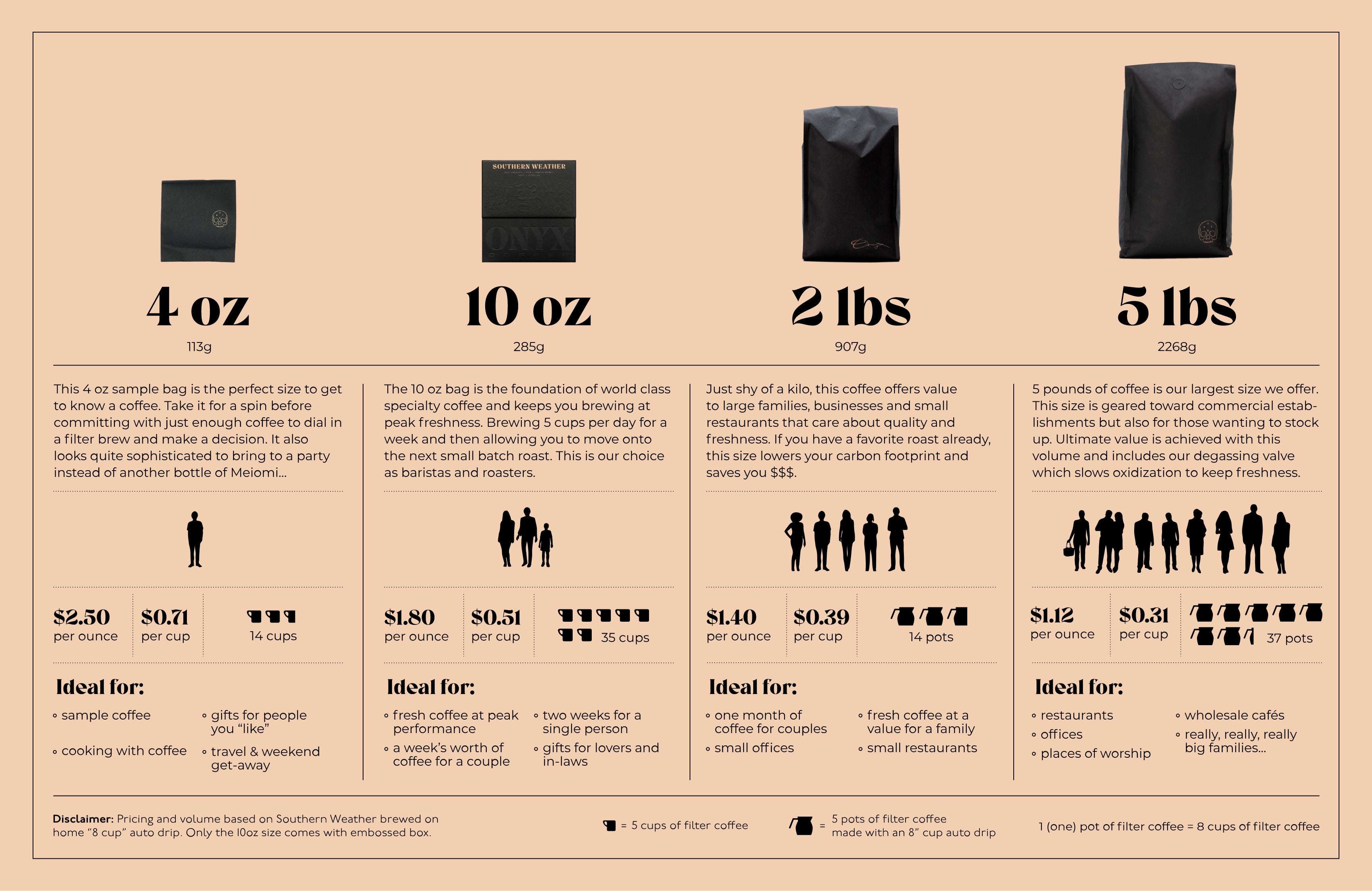Story
Deep in the mountains of Veracruz, El Izote produces some of the best coffee in Mexico. With intentional intercropping, soil regeneration programs, and the application of organic fertilizers, these coffees are grown with passion for high quality coffee, but also for the earth. The farm is named for the Izote flower, which is a white flower produced by the yucca genus. By naming the farm Izote, they honor the past activity of the farm while looking forward by producing award-winning coffees. Over the years they have used an agricultural method of partial regeneration, where parts of the farm are cut down and replaced with new varieties to implement higher yielding and higher quality coffees within the farm. Currently they are growing 5% Gesha, 15% Bourbon, and 80% Marsellesa, which is a Sarchimor hybrid. The staff at El Izote practice cherry selection by picking only red cherries, which are then floated to remove lower density coffees, which then undergo a fermentation in uncovered barrels for 8 hours, where the yeast and microbes break down the mucilage on the outside of the coffee seed.
CUP OF EXCELLENCE
Since 1999, the COE program has sought to connect developing coffee producers from around the world to roasters willing to pay a premium on their coffee. In each country that the Cup of Excellence takes place, thousands of coffees are vetted and put through one of the most rigorous quality panels a coffee can undergo. After dozens of industry-standard cuppers evaluate the coffee, a rank begins to form as scores are input and averaged out. This process yields a clear winning coffee, as well as a top-ten rank that will be auctioned off to roasters around the world. This auction process promotes higher premiums paid to farmers while operating on a transparency based infrastructure. These premiums paid to farmers motivate them to reinvest in the harvest, while also placing a precedent that they can be rewarded and recognized for a harvest of exemplary quality.
WASHED PROCESSED COFFEES
The washed process begins with coffee cherries delivered to the washing station, both from the primary market or from farmers bringing their coffee directly to the mill. The cherries are inspected, and an initial quick round of hand-sorting separates the defective coffees before placing them into the hopper. They are then funneled to the depulper, which removes the fruit from the seeds (beans). After that phase is done, the coffee is fermented underwater for approximately 12-36 hours. During this fermentation, a microbial de-mucilagation takes place, which allows the outer fruit and pectin layer to break down, making the coffee easier to dry. This phase also crucially alters the organic acids within the coffee, as sugars and organic acids are transformed, with the best washed coffees maintaining their complex fruit esters. Once the fermentation is complete, the parchment is emptied into the washing channels, where it is agitated with rakes to remove the last of the fruit layer. During this step, the water is refreshed to ensure it’s capability of separating the fruit layer from the seed. Once the washing is complete, the coffee is taken to the raised drying tables for sun drying.



